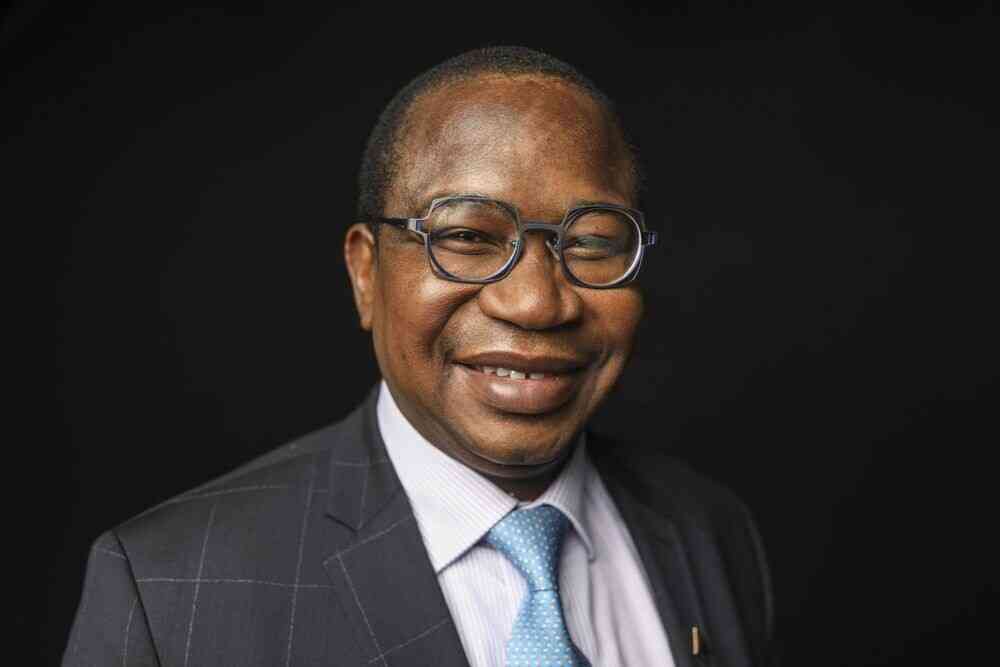
FINANCE minister Mthuli Ncube has urged African countries to eliminate barriers at all points of entry and departure to drive intra-African trade and industrial development.
In his remarks at the 56th Session of the Economic Commission for Africa Conference of African ministers of Finance, Planning and Economic Development in Victoria Falls yesterday, Ncube said African countries should unite for economic development.
“It is high time we join hands as a continent and strengthen our existing regional trading blocs, such as the African Continental Free Trade Area (AfCTA), to promote the free movement of goods and services within Africa,” he said.
“I call upon all member States to remove barriers to all entry and exit points so that we create a single market for our goods and services that promote intra-African trade, as well as industrial development.
“It is my hope that the AfCFTA will make Africa more competitive in the global economy and that it will create jobs and increase economic growth across the continent.”
Ratified by 47 out of 55 of African countries, the agreement will create a single market with a population of more than 1,3 billion, making it one of the biggest free trade areas in the world.
The African Union estimates that the agreement will boost revenue and lift 30 million people out of extreme poverty.
Ncube also said there is an urgent need for domestic resource mobilisation to finance the transition to inclusive green economies as it helps to mobilise private sector investment in climate change mitigation and adaptation projects.
- Budget dampens workers’ hopes
- Govt issues $24 billion Covid-19 guarantees
- Letter to my People:They have no answers for Nero’s charisma
- ZMX to enhance farm profitability
Keep Reading
He said African countries are not able to reduce the negative impacts of climate change they face every year due to lack of access to climate finance.
“To this end, I would like to join others who have called for the reform of the global financial architecture. Furthermore, the debt resolution mechanism such as the G20 Debt framework and climate change funding must be overhauled to accommodate Africa’s special and specific needs,” he said.
Financing the transition to inclusive green economies comes with a cost and as such, there is a need to finance this transition with the support of the international community and promoting investment in renewable and environmentally friendly sources of energy.
Antonio Pedro, deputy executive secretary (programme support) at the United Nations Economic Commission for Africa, said African nations must prioritise the development of regional value chains by de-risking investment and fast-tracking the implementation of the AfCFTA to transform agricultural and food systems at scale.
“These measures will help to insulate the continent from global food security. Secondly, we need to enhance energy access and affordability. Less than 2% of global clean energy investments flow to Africa,” he said.
Pedro said over 600 million Africans, representing 53% of its population do not have access to electricity.
“This sobering truth, after 60 years of independence for most African countries, cannot be allowed to continue. We must embrace the transition to affordable renewable energy by making the most of our solar, wind and geothermal resources as well as our green hydrogen potential,” he said.
“This would make our products globally competitive by meeting the most stringent carbon adjustment measures.”
He also said African States should increase digital connectivity and inclusion.
“Internet penetration on the continent remains low, with only 40% of Africans using the internet – revealing a digital divide that prevents our member States from taking full advantage of the digital age and accessing technological solutions that are available elsewhere.”
Hosted by Zimbabwe, the conference is running under the theme Financing the transition to inclusive green economies in Africa: imperatives, opportunities, and policy options.







